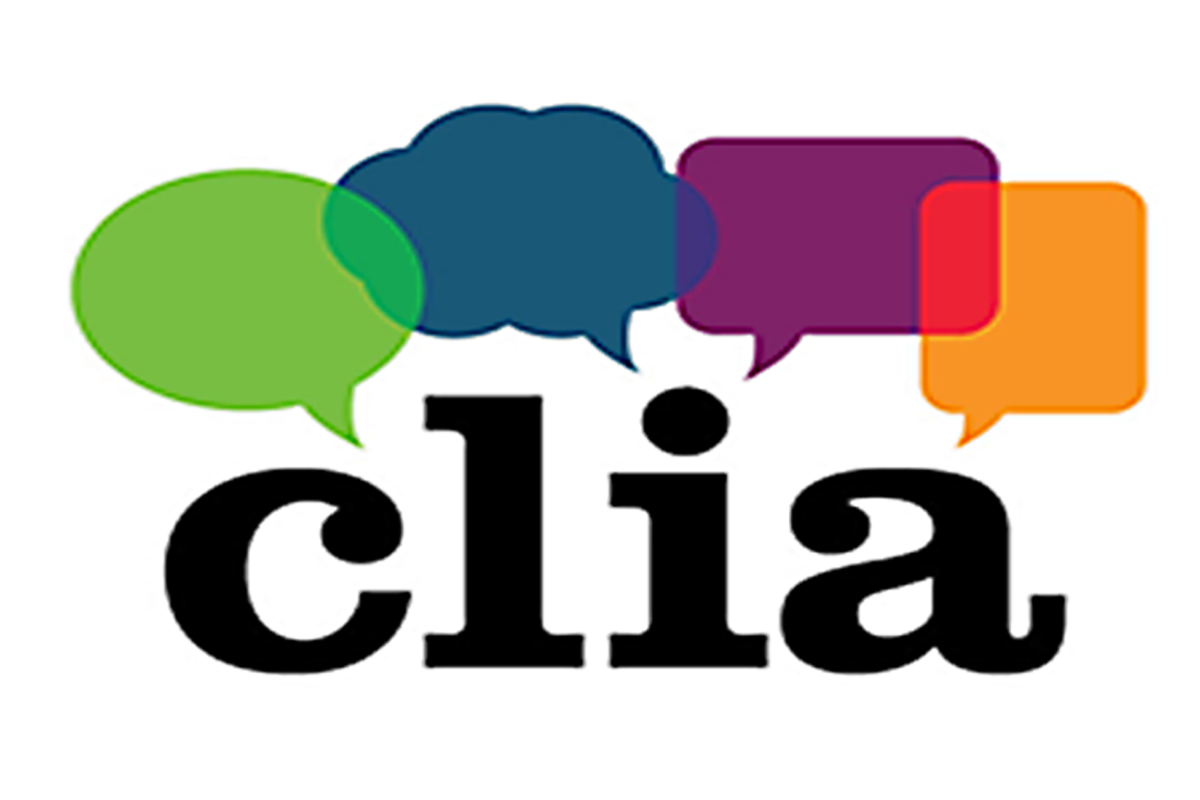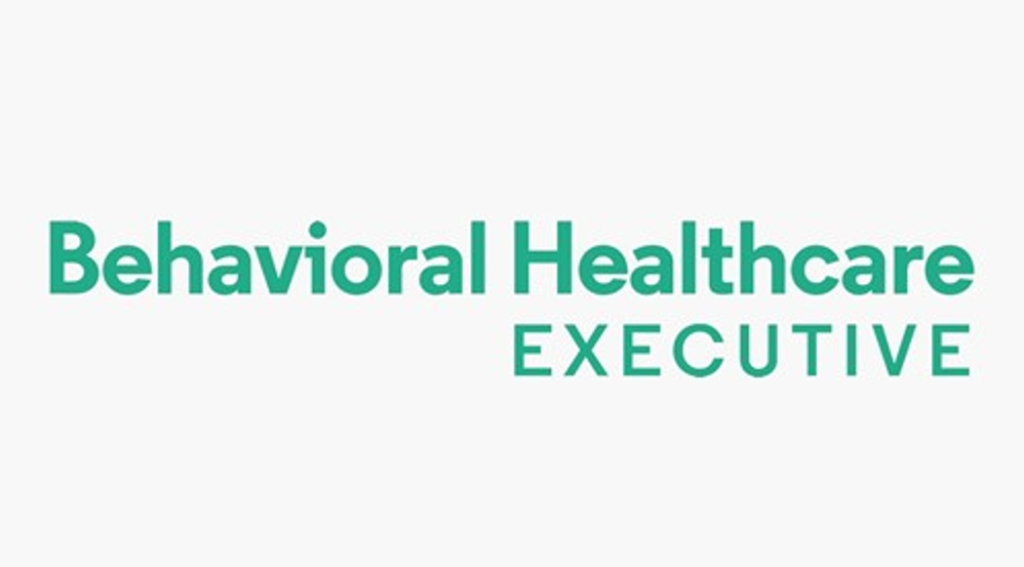Dr. Bizzell Featured in Mind Your Health for the Psychology Today Publication
Dr. Bizzell highlights in Psychology Today how to manage well-being in high-stress environments and how businesses can combat the opioid epidemic. A Midwest Economic Policy Institute study shows that the injury rate for construction workers is 77 percent higher than the national average for other occupations. Because of that high injury rate — and subsequent use of prescribed opioids to control pain — the Centers for Disease Control and Prevention (CDC) says workers in the construction industry are among the groups with the highest rates of opioid abuse and opioid overdose deaths.
With Americans spending most of their time in the workplace, construction is not the only high-stress environment where opioids are abused. In its Morbidity and Mortality Weekly Report, the CDC points to miners, oil and gas extraction workers, and health care practitioners as other occupation groups with the highest proportional mortality rates due to methadone, natural and semisynthetic opioids, and synthetic opioids other than methadone.
American businesses are beginning to be creative about managing this crisis. An Indiana company had several job vacancies because it could not find any prospects who were able to pass a drug test. As a result, the company president decided to partner with a local treatment facility and hire former opioid abusers who had difficulty getting jobs after completing treatment. Another CEO pledged to take the stigma out of addiction by telling his workers to come to him directly for help because they should never have to suffer alone. These are just two of thousands of corporations figuring out the role they can play in fighting the opioid epidemic…one person at a time.



